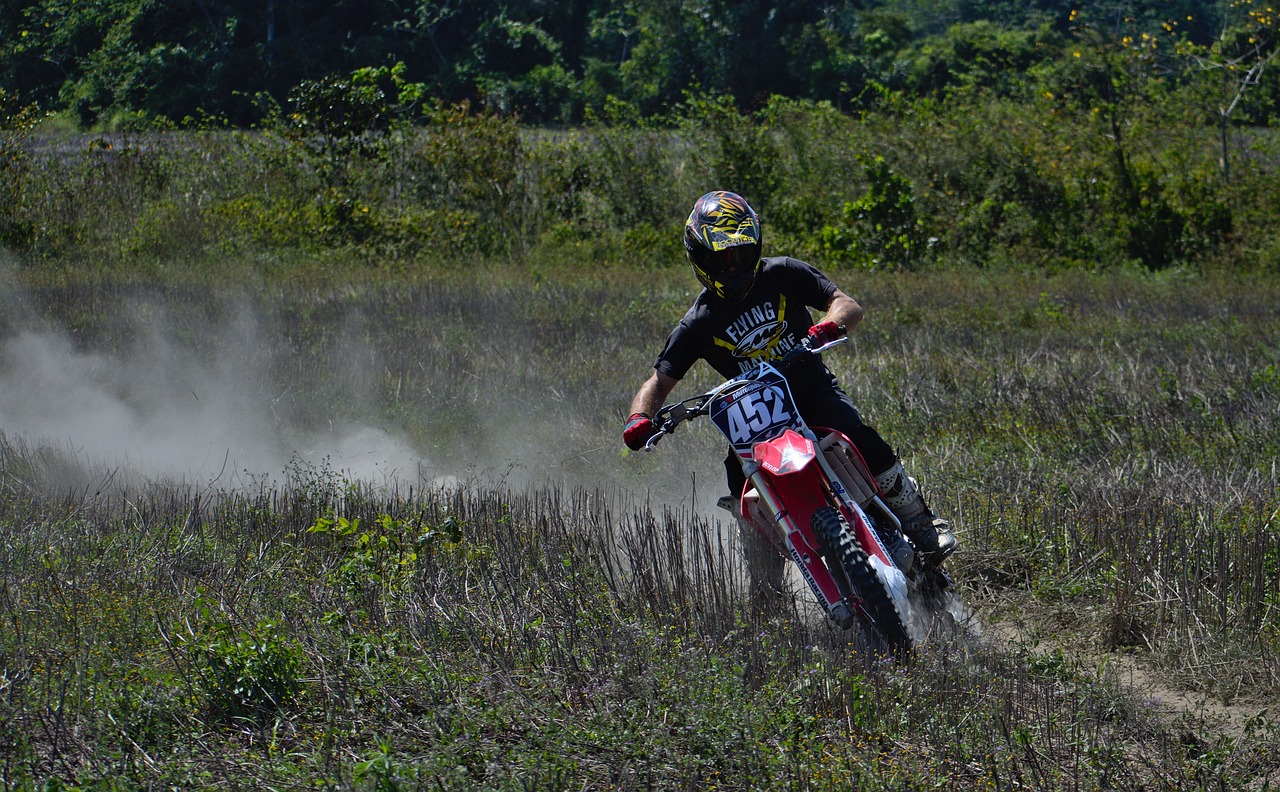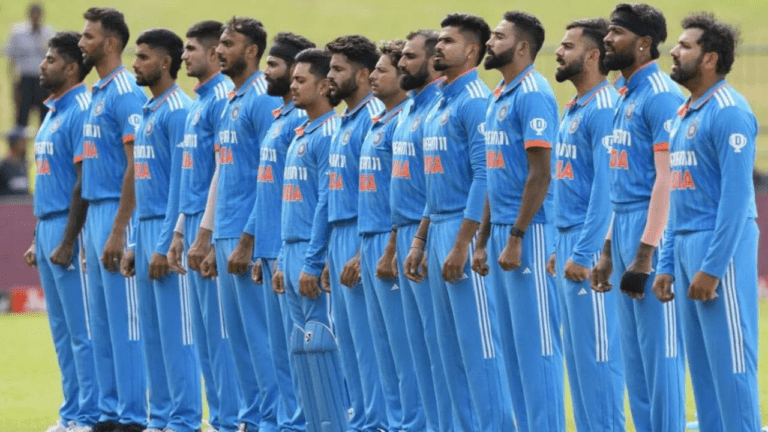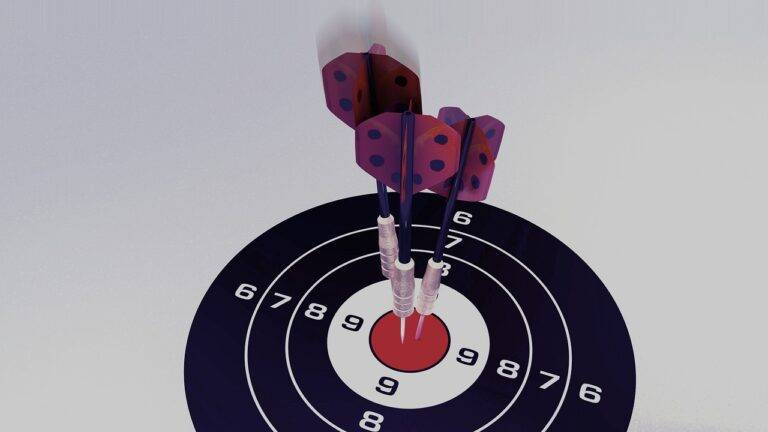IPL and Mental Conditioning: Preparing Players for High-Pressure Situations
Allpaanel, All Panel.com: Mental strength plays a crucial role in an athlete’s performance, influencing their ability to overcome obstacles and thrive under pressure. Athletes with strong mental resilience are better equipped to handle setbacks and bounce back from disappointments. This inner fortitude enables them to maintain focus and determination, even in the face of adversity, enhancing their competitive edge on the field.
Furthermore, mental strength is not only about physical performance but also affects an athlete’s overall well-being and life satisfaction. Athletes who cultivate mental toughness often exhibit higher levels of self-confidence, perseverance, and emotional stability. This mental resilience not only enhances their performance on the field but also helps them navigate the psychological demands of being a professional athlete.
Understanding the Psychological Challenges in Professional Cricket
Professional cricket demands much more than just physical skills from players. The psychological challenges that come with the game can often be just as demanding as the physical aspect. From dealing with high-pressure situations to handling the expectations of fans and team management, cricketers face a myriad of mental hurdles throughout their careers.
One of the most significant psychological challenges in professional cricket is the pressure to perform consistently at the highest level. Players must not only deal with the ever-present threat of being dropped from the team but also manage the expectations placed on them by their fans, sponsors, and coaches. The fear of failure can often lead to performance anxiety, affecting a player’s ability to focus and deliver their best on the field.
Strategies for Building Resilience in IPL Players
Building resilience in IPL players is crucial for navigating the demanding and intense nature of the tournament. One strategy involves emphasizing the importance of mental toughness through visualization techniques and positive self-talk. By visualizing success and reinforcing a growth mindset, players can overcome setbacks and challenges more effectively.
Additionally, promoting a culture of support and camaraderie within the team can significantly enhance resilience. Encouraging open communication, fostering teamwork, and providing emotional support can create a strong support system for players during high-pressure situations. Building resilience is not only about individual mental fortitude but also about fostering a collective sense of unity and shared responsibility within the team.







